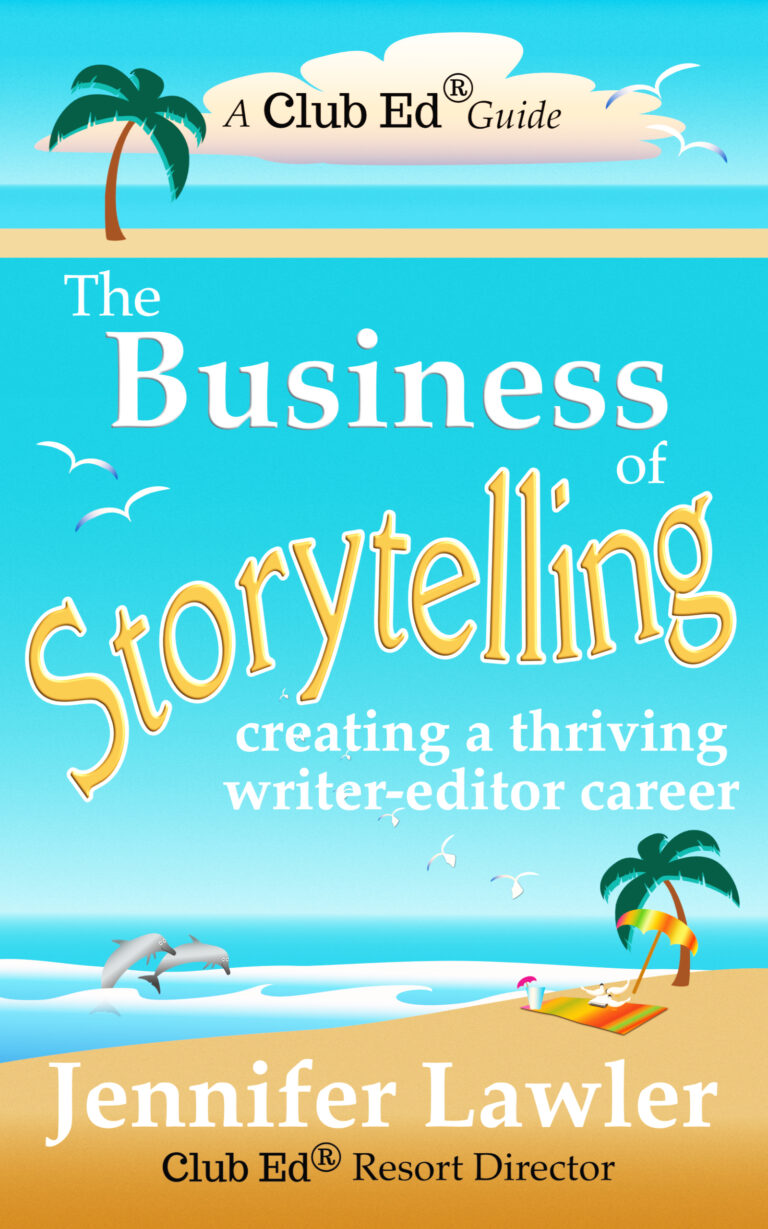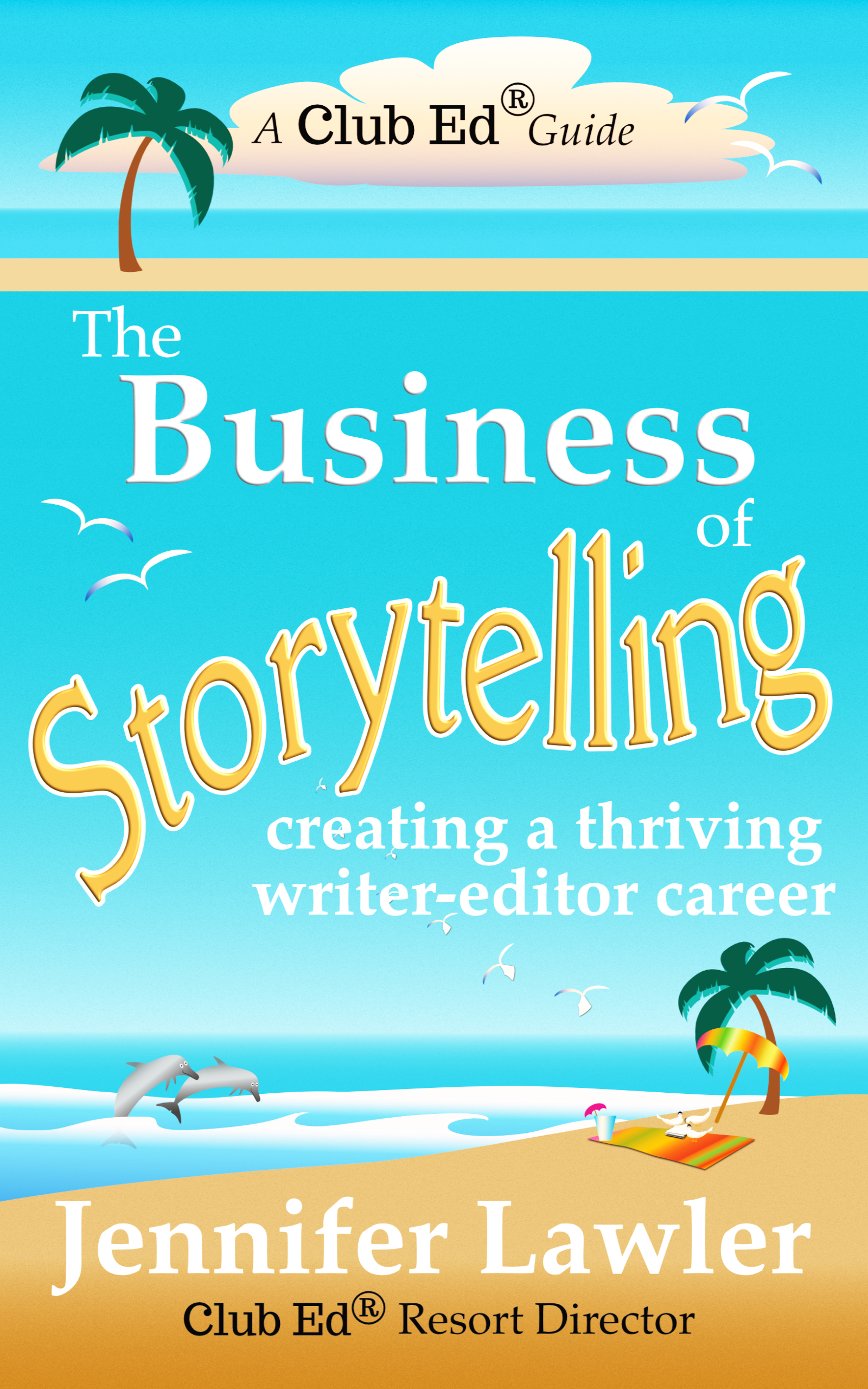What to expect from editing
Authors are sometimes worried about getting feedback on their work because they’re afraid it will be “ripped apart.” It’s perfectly understandable to feel a little nervous about feedback – after all, you want your work to be perfect. You want other people to love it the way you do.
But you know there are probably flaws. And you may remember when a teacher or other critic made you feel really bad about your work.
So, let me be clear: no editor should ever rip your work apart. I don’t care who they are or how famous their name; I don’t care if they work for a big deal publishing company or run a one-person freelance business from their living room.
Ripping apart an author’s work is editorial incompetence of the worst, most hostile kind.
Now, it does occasionally happen that an editor thinks their commentary is neutrally and diplomatically stated whereas the author would beg to differ.
Sometimes the author really is unprepared to hear anything other than a rave, but in my experience, it is the editor who often misjudges tone, not the author who is being overly sensitive.
I’ve seen editors mock authors’ characters, make fun of plot holes, criticize the author for being racist or sexist when it is a character displaying those traits (which may still be something for the editor to discuss with the author but character =/= author), and ask hostile questions (“Why on earth would Brad act that way?”)
Here are some basics steps I recommend following before hiring an editor to work on your manuscript:
1. Ask to see a sample edit. An editor may not necessarily do a sample edit on your work but you want to see what kind of work they do. You want to see if they think snark = effective editorial judgment. A sample of an edit of someone else’s ms or even something they’ve made up will suffice.
2. Consider the editor’s tone during your interactions. Are they condescending? Dismissive of certain kinds of authors, editors, genres, etc.?
3. Check with your colleagues: “This sounded mean to me. Am I misreading it?”
4. Ask for an apology if the editor really has missed the mark. Editors don’t always know how their feedback is being received.
Join the Club!
New to story editing? Begin at the beginning.






